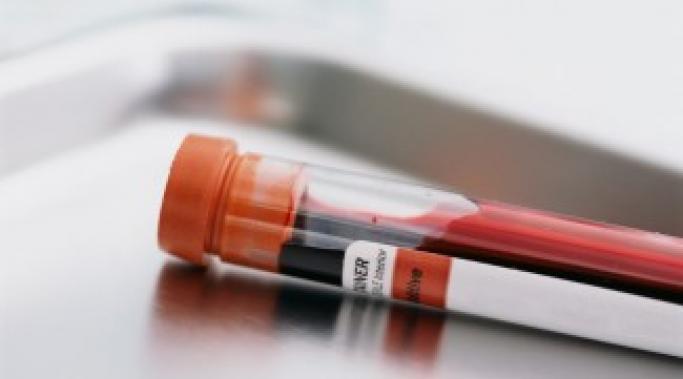I hate pop psychology a lot. And I hate pop psychology a lot for a very good reason: it harms those with mental illness (among others). Pop psychology aims to answer the mind's and the brain's questions with simplistic, easily digestible answers. Unfortunately, the brain and mind don't actually work like that. The body and the psyche require more than what pop psychology has to offer. So, yes, I hate pop psychology.
Non-Medication Treatments
I'm wondering if what I want matters with bipolar. It feels like it doesn't. This is because one of the main coping skills I use is called "act the opposite." This coping skill is pretty widely known. It simply means to do what you bipolar doesn't want you to do. This is a way of fighting against the detrimental effects bipolar can have on your life. But after years of "acting the opposite," I'm left wondering if what I want matters at all with bipolar.
If you've quit therapy for mental illness in the past, have you ever asked yourself if it's time to go back to therapy? I've asked that question of myself recently. I've had so much therapy it would make your psychology spin, but I've been out of therapy for about 10 years now. I'm a believer in therapy for everyone, I just thought I was no longer benefitting from it at that time. But are there signs that mean it's time to go back to therapy for mental illness?
I’m stuck in a bipolar depression and yet, I’m trying to exercise. I’ve never been successful at this – ever. Now and then I have been on exercise programs, but I’ve hated every one and none of them have stuck. Not to mention the fact that getting my depressed butt out of the house to do anything is almost impossible. I have no energy and everything hurts all the time. Bipolar depression makes exercising almost impossible – but I’m hoping the truth is that it’s just “almost” impossible.
Mindfulness doesn’t help my bipolar disorder. I’m sorry; I know advocates aren’t supposed to say that kind of thing. I know we’re all supposed to get behind the new, fashionable therapies and tell everyone to do them (but heaven forbid we do the same with psychiatry) but this is one that I think has some major holes in it, particularly for people with serious mental illness. Please understand, mindfulness as a therapy might work for you but here’s why mindfulness doesn’t help my bipolar disorder at all.
In multiple studies, exercise has been shown to improve unipolar depression, but can exercise really help bipolar depression? Some doctors think so but this is mostly because they are generalizing the data from that on unipolar depression. Evidence for the usefulness of exercise in bipolar depression is scant.
About a month ago the news was awash with headlines like: This Blood Test Can Predict Suicide Risk, Scientists Say (thank you, Time.com) suggesting that, well, there was now a blood test to find out if you’re at risk for suicide.
When I heard this I thought it was so outrageous that I dismissed it out of hand. But the major news organizations reported headlines like this and people, amazingly, bought into it.
Now, I’m not saying there wasn’t a kernel of truth there, there was, but suggesting there’s a blood test for suicide is like saying there’s a blood test for people who can’t parallel park.
I have had years of therapy in my life to deal with bipolar disorder (and other assorted issues). I would say, at least 15. It makes my head spin thinking of all the therapists I have talked to in my time.
But I admit, I’m not in therapy now. I know, as a role model I probably should stand up and say that everyone needs therapy all of the time but I don’t think that. I think that you can outgrow therapy for bipolar disorder.
I don’t believe in New Year’s resolutions, in general. That’s because people think far too big on January 1st and come up with things they have no hope of sticking to by February 1st. They have no plan. They have no short-term goals that lead up to the long-term goal. Their resolutions read more like wishes than anything else.
That being said, I think there are some New Year’s resolutions worth having for people with bipolar disorder. These New Year’s resolutions deal with the problems I see every day concerning bipolar disorder and are designed to address these issues.
I recently finished an 8-week mindfulness meditation course. I went into it not knowing why I was there, other than the fact that my doctor had recommended it. I went in not knowing what the outcome was supposed to be. When we were asked to write goals for the course, mine were blank. I had none. I really just wanted to see if there was any benefit to all this mindfulness meditation stuff.
Turns out, I believe that there is benefit in mindfulness meditation. And here’s some of what you might find in a course.









